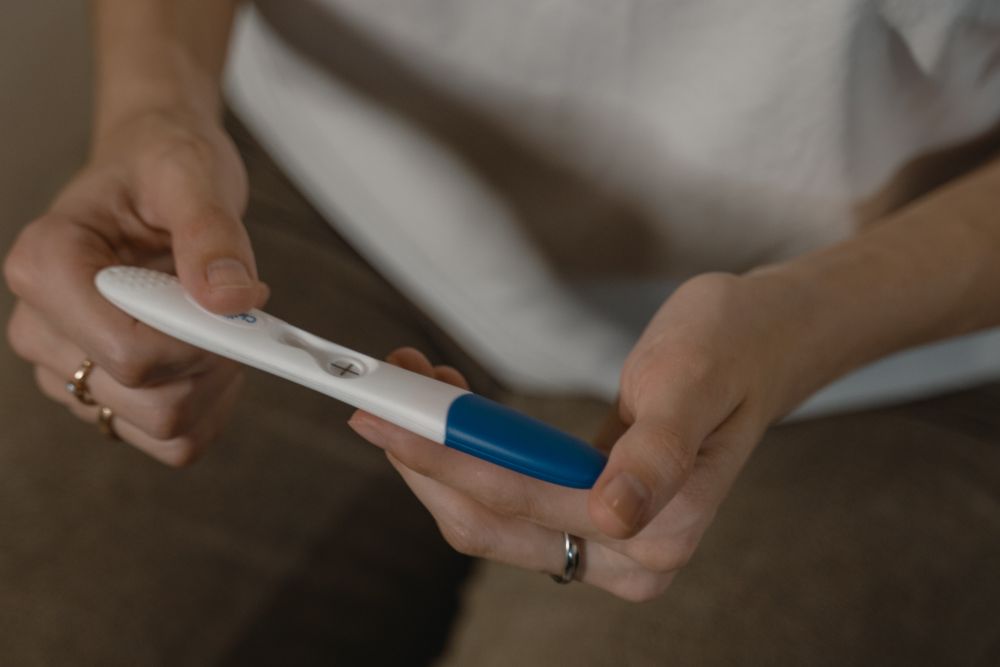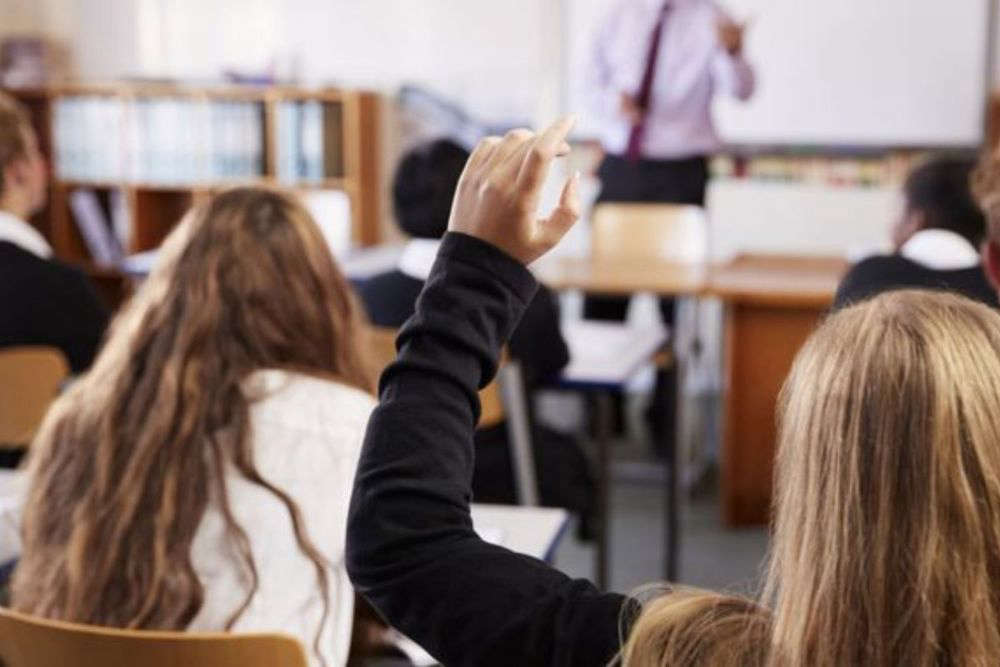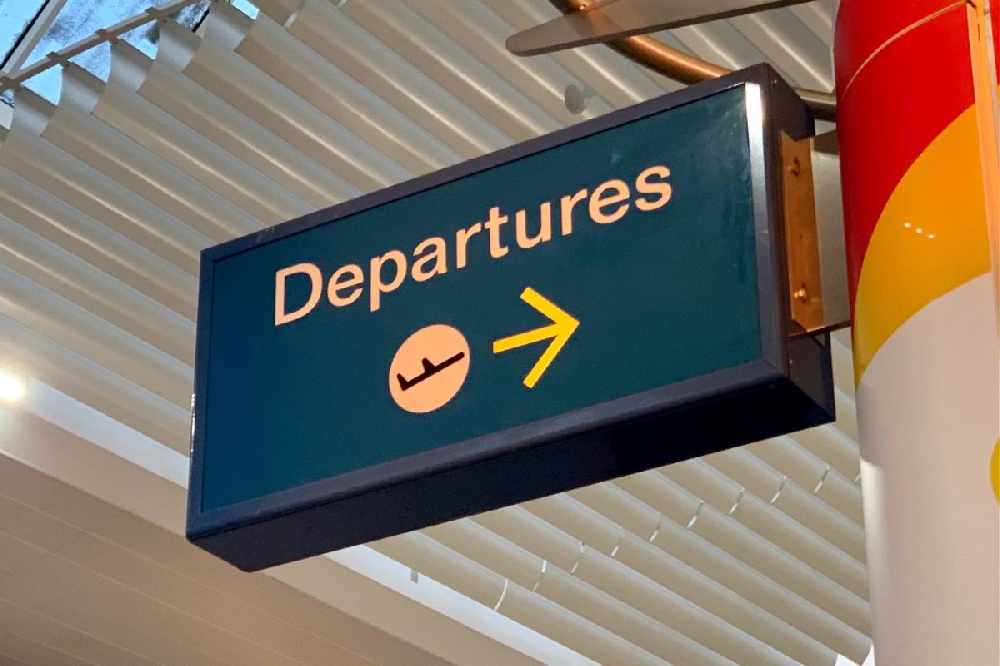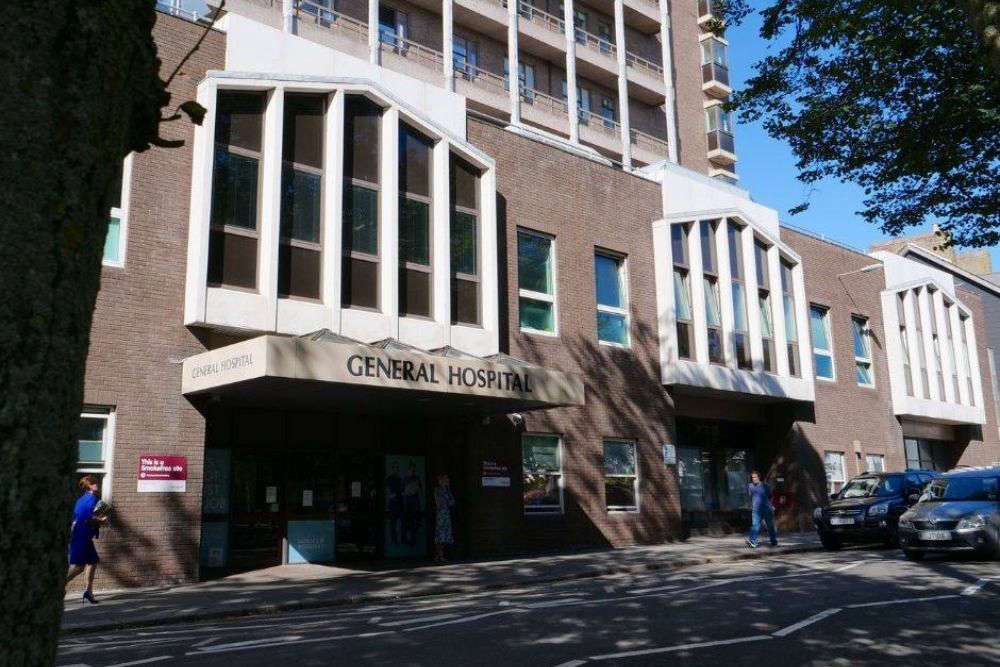
A scrutiny panel is calling on Jersey's government to prioritise drawing up an online safety strategy and to fill gaps in legislation.
A review has concluded that children in Jersey do not have the same online protections as their UK and European counterparts.
The Children, Education and Home Affairs Scrutiny Panel has been examining the island's approach to online safety and the safeguards offered by existing laws and government policy.
It has compared them to other similar places, and found Jersey 'lags behind comparable jurisdictions, particularly in areas such as age verification, platform accountability and cross-border enforcement'.
The panel has made 38 recommendations, including that the government develops a comprehensive online safety strategy and details of where there are gaps in legislation.
Deputy Catherine Curtis, Chair of Children, Education and Home Affairs Panel, says ministers must take action to safeguard the younger and future generations.
"Jersey is no safer than anywhere else in the world when it comes to online harms, and it is perhaps a little less safe now, seeing as we are not keeping up with legislation.
"By not having specific protections, it means a child is not safe.
"When it comes to online grooming, there was a particular case where a man pretended to be a 16-year-old boy, and we don't actually have good legislation around this pretence, which many other places do.
"Also, we don't have the same protections for children between the ages of 16 and 18 as the UK does."

The report criticises Jersey's decision not to extend the UK's Online Safety Act to the island.
Passed two years ago, it increases regulation of online platforms by mandating age verification and proactive content moderation and applies to social media, messaging apps, search engines and gaming platforms.
Deputy Curtis says:
"Jersey’s decision not to request a permissive extent clause (‘PEC’) for the U.K.’s Online Safety Act appears to have been made solely by the Minister for Sustainable Economic Development, without formal documentation, engagement with the Council of Ministers, States Assembly or Scrutiny.
"Jersey’s position diverges from that of Guernsey and the Isle of Man, both of which requested permissive extent clauses for the Online Safety Act, and the lack of process presents limited opportunities for democratic oversight and public accountability."
The panel's report also highlights concerns about the about of screen time for children and children accessing sites they shouldn't.
"Parents feel huge responsibility already on this subject. A lot of parents are not digital natives and don't know how to help their children to not come across this horrible stuff online.
"There is help. The NSPCC can offer resources, but the government needs to play its role as well."
The Ministers for Children and Families and Education are being encouraged to work with Public Health to explore the affects of screen time on young islanders' health.


 Draft law scraps time limits on abortions in Jersey
Draft law scraps time limits on abortions in Jersey
 Divide over approach to gender guidance in schools
Divide over approach to gender guidance in schools
 Three charities awarded £500 grants in community campaign
Three charities awarded £500 grants in community campaign
 Ministers back principle of social media 'restrictions' for under 16s
Ministers back principle of social media 'restrictions' for under 16s
 Passengers rerouted through Jersey Airport departures
Passengers rerouted through Jersey Airport departures
 A total ban on disposable vapes in Guernsey and Jersey is poised to take full effect
A total ban on disposable vapes in Guernsey and Jersey is poised to take full effect
 Islanders with COVID-19 symptoms reminded to avoid the hospital
Islanders with COVID-19 symptoms reminded to avoid the hospital
 2025 was the fourth warmest year on record
2025 was the fourth warmest year on record

